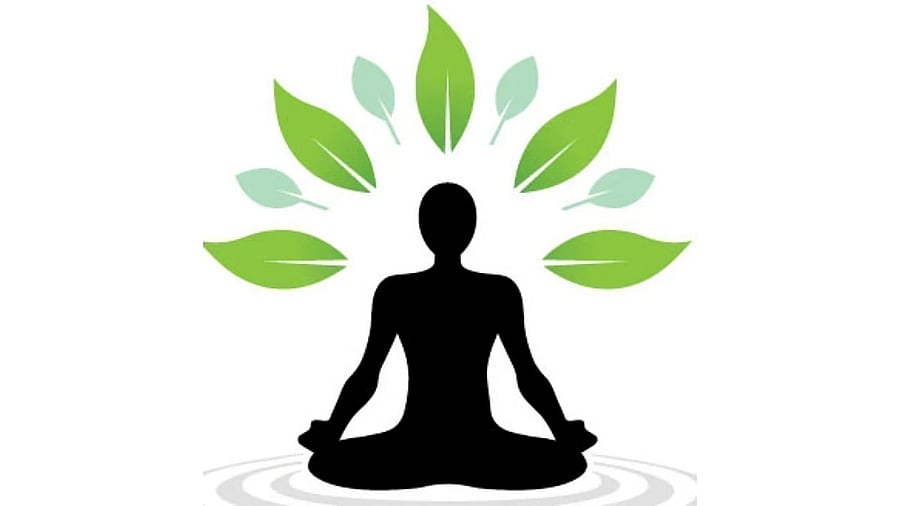
OASIS Logo
The Japanese word Shinrin-yoku, meaning forest bathing, conjures up the scent of damp earth, the rustle of leaves underfoot and the dappled sunlight filtering through the tree canopy. Far from being a mystical practice, the concept of forest bathing emerged in the 1980s as a public health initiative in Japan to combat rising stress levels among the populace. It’s a deliberate practice of immersing oneself in the atmosphere of the forest, engaging all senses to achieve a state of mindful presence and profound relaxation. Unlike hiking or exercising, forest bathing is not about reaching a destination or burning calories; it is about slowing down, breathing deeply, and reconnecting with the natural world through the five senses.
Forest bathing does not require a remote wilderness expedition. Even a local park with a cluster of trees can offer a valuable opportunity for immersion. The key is intentionality; turning off the phone, leaving behind distractions, and consciously engaging with the natural environment. It might involve sitting quietly and observing, walking slowly and mindfully, or simply breathing deeply and absorbing the forest’s essence. The benefits are cumulative and regular practice can lead to sustained improvements in mental and physical health.
The scientific studies by Japanese researchers have shown that spending time in a forest environment can significantly lower cortisol levels, the primary stress hormone, leading to a reduction in anxiety and an improved mood. This is partly attributed to phytoncides, the volatile organic compounds produced by plants, primarily as a defence mechanism against insects, bacteria, and fungi. These airborne chemicals have been found to boost the activity of NK cells, a type of white blood cells in humans that play a crucial role in our immune system.
Henry David Thoreau, the American naturalist and essayist is probably best known for the time he spent at Walden Pond. In his essay “Walking”, he asserts, “I think that I cannot preserve my health and spirits unless I spend four hours a day at least, sauntering through the woods and over the hills and fields, absolutely free from all the world’s engagements.” All of us have an innate yearning to connect with nature. To literally shower in the greenery is a sensory immersion, allowing nature to gently draw us into the present moment and quieten our mental chatter. It’s a powerful antidote, offering a scientifically-backed pathway to improved well-being.